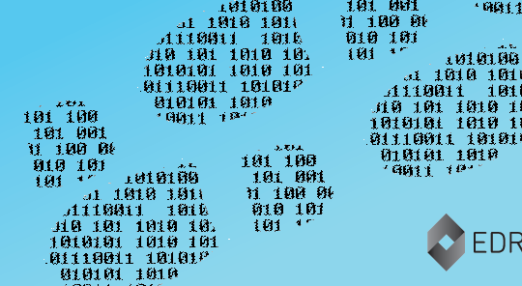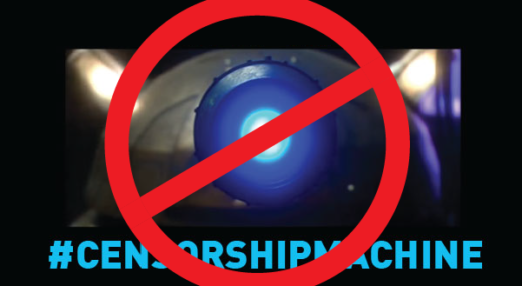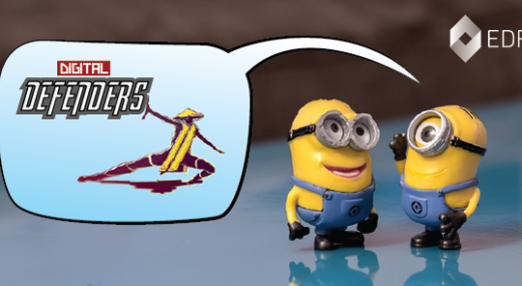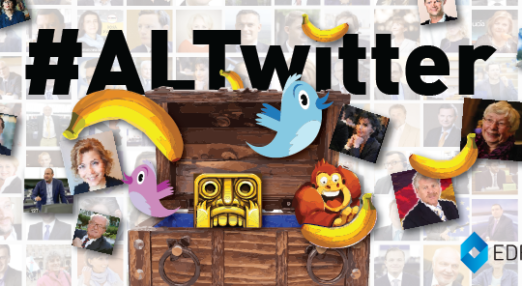Our work
EDRi is the biggest European network defending rights and freedoms online. We work to to challenge private and state actors who abuse their power to control or manipulate the public. We do so by advocating for robust and enforced laws, informing and mobilising people, promoting a healthy and accountable technology market, and building a movement of organisations and individuals committed to digital rights and freedoms in a connected world.
Filter resources
-

Commission’s waiting game: Gambling with freedom of information
In April 2017, EDRi wanted to shed light on the industry lobbying in Brussels surrounding the copyright reform. We therefore filed a freedom of information (FOI) request to access the correspondence the European Commission received from rightsholders at the time it was finalising its proposal for the new Copyright Directive.
Read more
-

Access to e-evidence: Inevitable sacrifice of our right to privacy?
What do you do when human rights “get in the way” of tackling crime and terrorism? You smash those pillars of your democratic values – the same ones you are supposedly protecting. Give up your right to privacy, it is a fair price to pay for the guarantee of your security! This is the mantra […]
Read more
-

#ALTwitter privacy revelation: European parliamentarian goes bananas
Recently, Mr Dunston (of the “Dunston Checks In” fame) came to the EDRi Brussels office looking for help. He complained that somebody from the European Parliament is messing up with his “holy banana collection” that he has been preserving since decades after he inherited it from his forefathers. Other than that we had no information.
Read more
-

ENDitorial: AVMSD – the “legislation without friends” Directive?
When the European Commission proposed yet another revision of the TV Without Frontiers Directive in 2016, the Directive was really showing its age. The Directive was originally launched in 1989, revised just eight years later in 1997, again ten years later in 2007, and finally only three years after that in 2010. It has become […]
Read more
-

Running an algorithmic empire: The human fabric of Facebook
Facebook, the most popular social networking platform, has undoubtedly become one of the most influential entities in our networked world. As SHARE Lab and researchers previously explained, Facebook can be seen as a huge, global factory of immaterial labour in which its users have basically one role – churn out as much personal data as […]
Read more
-

Consumer Committee rejects upload filter but fails on “link tax”
On 8 June, the European Parliament Committee on the Internal Market and Consumer Protection (IMCO) voted on the European Commission’s proposal for a Copyright Directive.
Read more
-
Act now to stop Europe from adopting the world’s worst filtering law!
Stop the #censorshipmachine!
Read more
-

Wanted: Community & Communications intern
European Digital Rights (EDRi) is an international not-for-profit association of 35 digital human rights organisations from across Europe. We defend and promote rights and freedoms in the digital environment, such as the right to privacy, freedom of expression, and access to information.
Read more
-

Parliamentarians encourage online platforms to censor legal content
On 18 May 2017, the European Parliament Committee on Internal Market and Consumer Protection (IMCO) and the Committee on Industry, Research and Energy (ITRE) adopted a report on the Online Platforms and the Digital Single Market.
Read more
-

UK government pushes for companies to weaken encryption
The terrorist attack in Manchester on 22 May has led to a relaunch of the encryption debate in the UK. In December 2016, the UK parliament passed the Investigatory Powers Act. This wide-ranging surveillance law gives government ministers the power to issue Technical Capability Notices (TCNs), which can force companies to modify their products.These powers could […]
Read more
-

EU Commission on FOI request: Incompetence or ill-intent?
In April 2017, we got a little curious about industry lobbying in Brussels surrounding the copyright reform. We therefore filed a freedom of information (FOI) request to access the correspondence that the Directorate-General for Communications Networks, Content and Technology (DG CNECT) of the European Commission received by rightsholders shortly before the reform proposal was finalised […]
Read more
-

ALTwitter: The treasure trove behind 140 characters
One of the main reasons why metadata is used broadly for surveillance and targeted advertisement is its extensive capability to capture more dimensions of useful information than the data itself. An ordinary internet user fails to see the mysterious nature of metadata because it is invisible to the naked eye. Law enforcement agencies and advertisers, on […]
Read more
